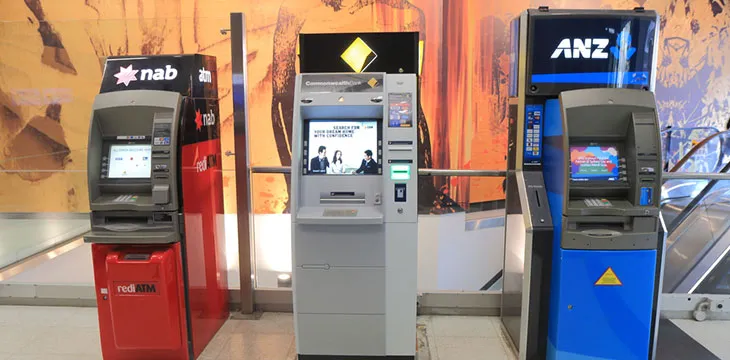|
Getting your Trinity Audio player ready...
|
The Australian Prudential Regulation Authority (APRA) has ordered banks and other financial institutions in the country to declare their exposure to digital currency firms.
According to a report from the Australian Financial Review (AFR), the regulator is seeking daily updates from banks to prevent risks to the country’s financial system. The move is coming on the heels of the collapse of digital currency-affiliated entities in the U.S., like Silicon Valley Bank (SVB), Silvergate, and Signature.
From a technical standpoint, Australian banks are governed by a set of high standards, which makes it almost impossible for such collapses to occur in its financial system. Despite the guarantees, APRA is taking preemptive action to protect the banking system from any risks associated with digital currency startups.
APRA’s move has elicited reactions from the industry, with stakeholders concerned that the increased scrutiny could stifle innovation amongst digital assets. However, others feared the contagion effect from the U.S. bank collapses could spread to Australia.
“The growth of digital economy businesses is at risk if start-ups can’t get banking services and all of the growth and subsequent efficiencies, productivity and job growth that go alongside that,” ASX’s CEO Peter Cook said.
Although the financial situation remains stable, AFR reports that Australian banks have been refusing to offer banking services to some digital currency startups even before the U.S. collapses. The report noted that the banks were acting on the advice of the Council for Financial Regulation and the Australian Competition and Consumer Commission (ACCC).
Amid rising concerns, a coalition of fintech, digital currency, and remittance firms wrote to banks seeking to halt the de-banking moves. A working group made up of financial regulators offered a four-step plan, including sharing data on de-banking activities and advising the government on their risk activities.
Fallout from US banking collapses
As the U.S. records its biggest banking collapse since 2008, the debacle has birthed several reactions worldwide. Most noticeable is sterner regulatory scrutiny over the entire industry prompting digital currency firms to look to other jurisdictions to solve their banking needs.
SVB’s collapse forced the hand of 116-year-old Indian bank SVC Co-operative Bank Ltd to issue a disclaimer that it was not affiliated in any way to the failed U.S. entity. Reports had been swirling on social media that the Indian bank was bankrupt, given its ties with SVB.
“We request our members, customers, and other stakeholders not to pay attention to baseless rumors and mischief-mongering by unscrupulous elements insinuating similarities in brand names,” the disclosure read.
Watch: Blockchain for Data Integrity & Business Process Management

 07-03-2025
07-03-2025 





